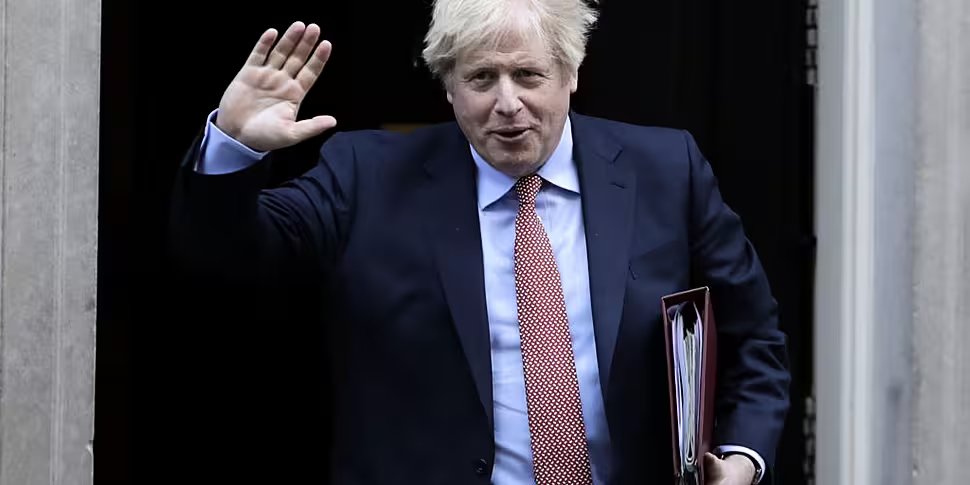The British Prime Minister Boris Johnson is expected to announce plans to push for a Canada-style agreement as he reveals his demands for a post-Brexit trade deal with the EU.
This would mean that most tariffs on goods traded between the UK and the EU would be scrapped.
But the prime minister will suggest if that does not fly then he will not give concessions to win greater market access and instead pursue a more limited Australia-style deal instead.
The prime minister is expected to say in his first speech since the UK left the bloc that he wants no alignment between the two sides.
That could mean full customs checks on goods crossing the border into Britain after continuity trade rules stop on 31st December 2020.
However, Britain's Foreign Secretary dismissed a suggestion that there will be a return to customs checks at UK borders after Brexit.
He told Sky News: "The commitment is to avoid all of those things with a best in class free trade agreement and I'm sure - we're committed to it on our side and I'm sure the EU will want to stay committed to the undertakings that they've made. That's what we expect, that's what negotiations are all about."
When Michel Barnier says there will be borders checks is he wrong?
"Yes, he is wrong if the EU lives up to its commitments on its side both in the withdrawal agreement and the political declaration" says Dominic Raab. #Ridge
Follow live here: https://t.co/juvInelkti pic.twitter.com/Ab6eUYrwUg— Sophy Ridge on Sunday & The Take (@RidgeOnSunday) February 2, 2020
Meanwhile, Taoiseach Leo Varadkar said that Britain should not set "rigid red lines".
Speaking on the BBC's Andrew Marr show he said: "One thing I'd say to everyone is let's not repeat some of the errors that were made in the past two-and-a-half years, let's not set such rigid red lines that it makes it hard to come to an agreement and let's tone down the kind of nationalistic rhetoric.
"As is always the case when it comes to negotiations, setting out so boldly such firm red lines actually makes coming to an agreement more difficult because the other party you are negotiating with doesn't feel they got a fair deal unless those red lines get turned pink or bent in some way."
UK ambassadors reportedly being told not to sit alongside their EU counterparts “comes across as a bit petty” says Irish PM Leo Varadkar#Marr https://t.co/oHI3ueu6Eo pic.twitter.com/tFTroFJ8kn
— BBC Politics (@BBCPolitics) February 2, 2020
'It will never be as good as membership'
A Downing Street source said: "We are fully independent and our approach to a free trade deal will not be bound by our previous obligations.
"Nor will we agree to obligations which the EU has not required of other countries which it has signed comparable free trade deals with."
As Mr Johnson makes his speech, Brussels will also publish its negotiating mandate for the next stage of talks which will last up to 11 months.
The EU is pessimistic about the short timetable for reaching a deal and made clear that Britain will have to accept worse terms and conditions for trade than if it were still a member of the EU.
European Commission president Ursula von der Leyen said: "We want to have the best possible relationship with the United Kingdom, but it will never be as good as membership."
The UK left the EU on Friday and is now in a “transition period” where it remains in the single market and customs union until December 31st.
Reporting by IRN









